Frontline Stories
Health Workers in Wuzhong Break Down Barriers to Overcome Misconceptions and Myths about COVID-19
14 Aug 2022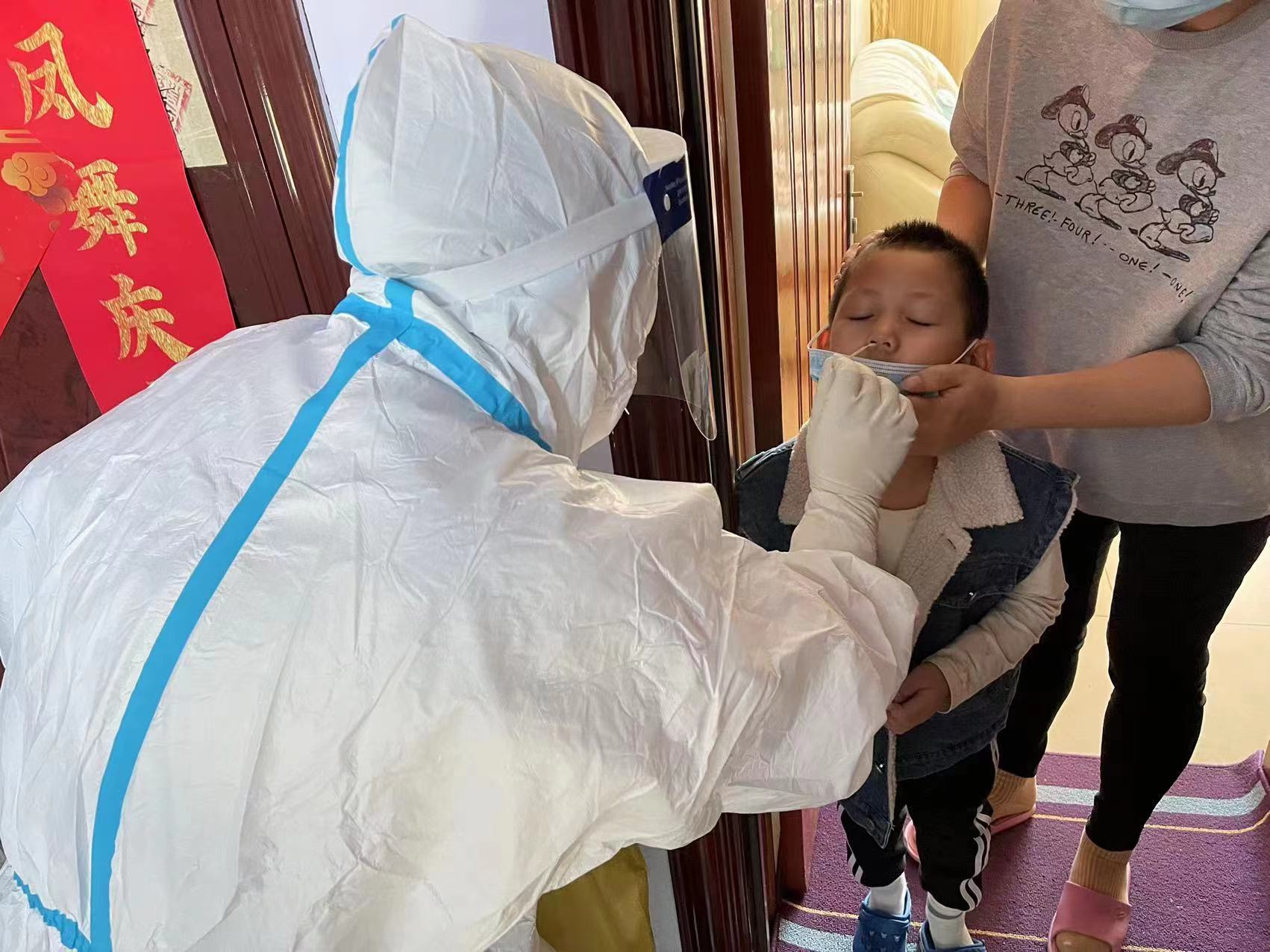
While the world was trying to grasp what had hit it in early 2020, the still-mysterious coronavirus disease (COVID-19) wasn’t the only thing that made life hard for Yanfang Li, 45. Sometimes it was the people she and her colleagues were caring for.
A nurse, she’s the director of Jinxing Garden Community Health Service Station, Litong District, Wuzhong City, Ningxia Autonomous Region. She’s worked there for 14 years with 2 physicians, 12 nurses, and 2 other staff members. It’s 1 of 13 stations under the Shengli Township Community Health Service Center, Litong.
COVID-19 wasn’t the only thing that made life hard for Yanfang Li. Sometimes it was the people she and her colleagues were caring for.
News of the pandemic filled Director Li with dread. But after station staff received personal protective equipment and started monitoring people under home quarantine and teaching them how to prevent spreading COVID-19, the fog of uncertainty began to lift.
Not everyone was grateful. “In Chongyan neighborhood,” she recalled, “a family yelled at staff, making them cry in anger. The police hadn’t yet started compelling residents to comply with health protocols.” The station called on the neighborhood committee for help. Even then, she said, “Sometimes residents didn’t take our calls. Sometimes they shouted at us.”
“Some who did take our calls said they weren’t getting any help,” she said, “that no one was listening to them, that they were panicking. Some worried they had COVID-19, so we got them to the city hospital for X-rays. We didn’t have nucleic acid tests yet, but at least we could counsel them.”
Residents might have been stubborn because they were frustrated and afraid…. Psychological counselling is just as important as treating the disease.
A case has stuck with Director Li because it underscored the importance of counselling. A man working in Wuhan had returned to Jiexin neighborhood for Chinese New Year. His colleagues turned out to be infected. He quarantined at his girlfriend’s home and, although he had no symptoms and had his own room and bathroom, he was terrified he would infect the household. With a grid worker, Director Li and a station physician, Dr. Yang, comforted him in person and through WeChat. “We eventually sent him for an X-ray—he wasn’t infected,” she said. “He was so relieved and grateful.”
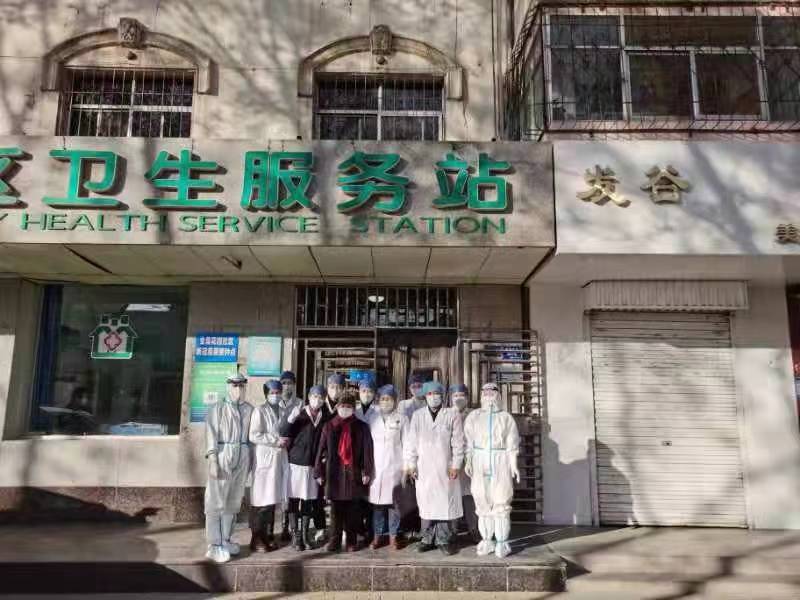
“Things started calming down in the spring of 2021, when nucleic acid testing started,” Director Li said, “and in mid-2021, when vaccination started.” By August, health personnel had tested the city’s 1.4 million people. Then someone with COVID-19 returned from Inner Mongolia, sparking an outbreak. The whole city had to be retested in August and September.
“We got home after 8 or 9 at night, slept, and did it all over again the next day starting at 6. All grassroots frontliners, old and young, with or without children, went all out.”
“We worked with the neighborhood committees and with Wuzhong City Hospital professionals,” Director Li recalled, “and collected samples every day, including from the quarantined and bedridden. We couldn’t go home for lunch. Take-away restaurants were closed. The township health center leader gave us instant noodles and ‘self-heating’ rice. We got home after 8 or 9, slept, and did it all over again the next day starting at 6. All grassroots frontliners, old and young, with or without children, went all out.” Even young nurses with babies. “Two had to stop breastfeeding,” she said. “The children’s grandparents stepped in to help.”
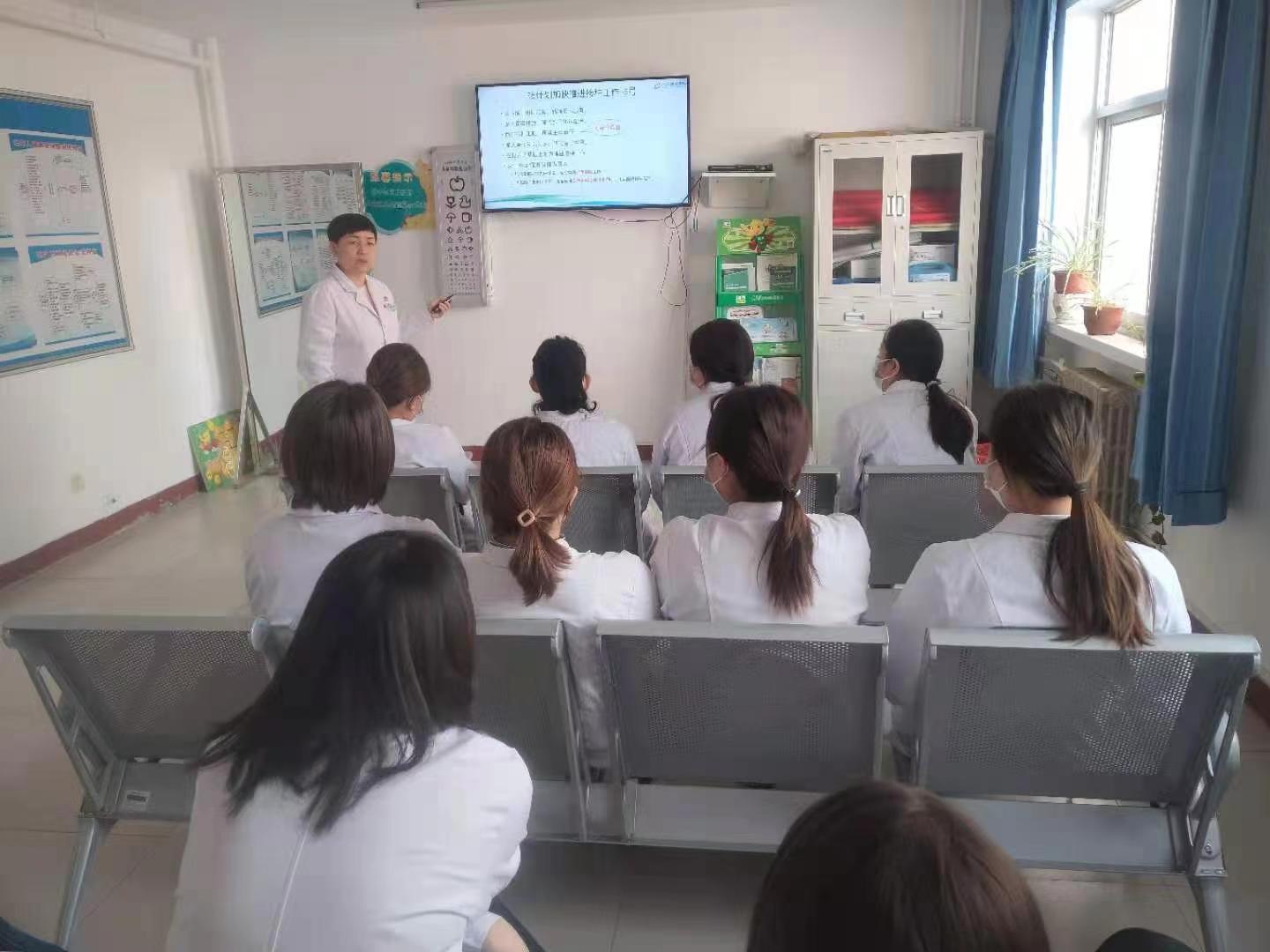
“When vaccines first became available,” she said, “residents were eager to be vaccinated, but supply was tight. Some lined up for hours, starting at 3 or 4 in the morning. But when we finally had enough vaccines, some people worried about side effects. We worked with the neighborhood committees to change their minds.”
“You must be organized to do a good job. Staff must be skilled, fast, and accurate. They must interact with and organize residents with the help of neighborhood committees.”
In the evenings, Director Li planned how best to avoid chaos at the vaccination sites. “I used to have trouble sleeping when my supervisor thought I didn’t do well,” she said, adding proudly, “but Wuzhong responded swiftly and the measures we’re taking are the best.”
Still, she said, “I am most worried about the virus spreading because everything is so closely linked. The last thing we want is big outbreaks as in Wuhan and Xi’an.” Wuzhong had a close call in October 2021, she said. A bus driver was taking eight tourists back to the city from Inner Mongolia, heard that COVID-19 had broken out there, and brought them directly to Wuzhong City Hospital for testing. All except the quick-thinking driver were positive and immediately quarantined.
Director Li cannot stress enough how important it is to stick to standardized procedures. “We must be organized,” she said. “Staff must be skilled, fast, and accurate. They must interact with residents with the help of neighborhood committees.”
“We shouldn’t wear down our grassroots staff, who are so underpaid. Planning must be based on sound analysis.”
“And,” she cautioned, “we shouldn’t wear down grassroots staff, who are so underpaid. Planning must be based on sound analysis. Some leaders play it safe and delegate everything. Or they overreact with lockdowns and mass testing.”
After an extraordinary 2 years of battling the pandemic, Director Li is still moved by the staff’s dedication—how they never complained no matter how drained they were and how they ran courageously to the front. “One night,” she recalled, “I phoned four staff for emergency test sample collection. They all arrived on time. No excuses, not even from those who had to leave their babies. They were ready to go. I was so proud of them.”
Authors
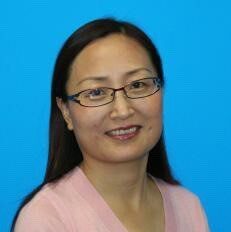
Xuefeng Zhong
Interviewer and Public Health Specialist (Consultant)
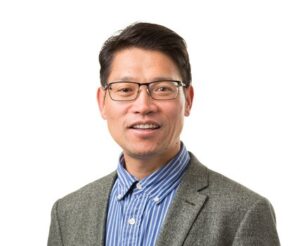
Lin Li
Translator and Researcher (Consultant)


